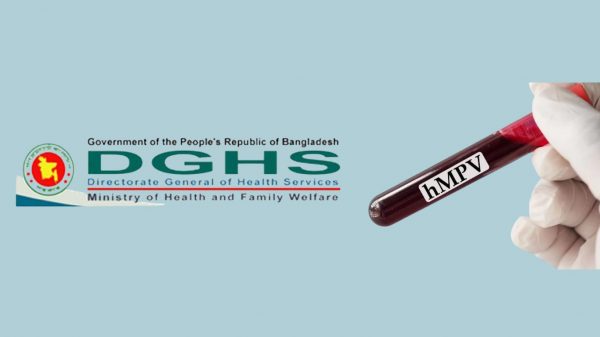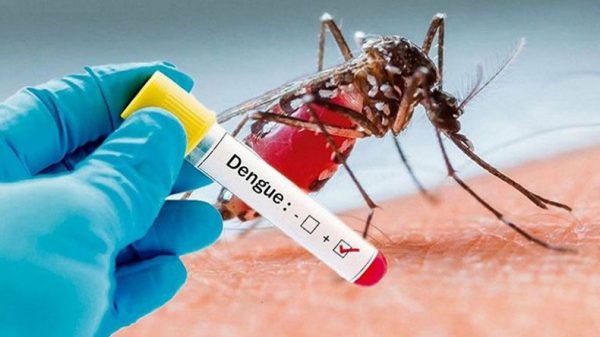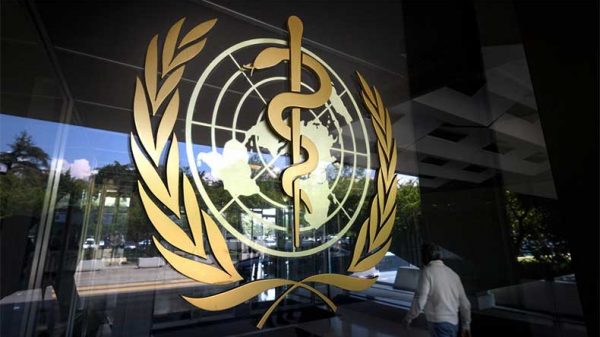7 DNA fingerprints that decide who may get cancer discovered

Rewriting the textbook explanation of why some people are at the higher risk of developing cancer, researchers from University of Calgary have for the first time discovered seven DNA fingerprints or patterns that define cancer risk in people, offering new insight into the multi-generational disease risk.
Lifestyle, or put another way ‘bad habits’, is one of the textbook explanations for why some people are at higher risk for cancer.
But not all smokers get lung cancer and not all people who eat cheeseburgers get bowel cancer, and ‘other factors’ must be at play.
“This discovery rewrites the textbook explanation that cancer occurs because of human behaviour combined with some bad luck to include one’s genetic make-up,” said University of Calgary scientist Dr Edwin Wang.
“We believe that a baby is born with a germline genomic pattern and it will not change, and that pattern is associated with a lower or higher cancer risk,” he said in a paper published in the journal Science Advances.
Germline represents the cells that determine our children and the DNA that is passed from parent to children.
It is the first-time scientists have described these highly-specialised biological patterns applicable to cancer risk.
Wang found that the DNA fingerprints could be classified into subgroups with distinct survival rates.
One of the seven germlines offers protection from developing cancer, and the other six germlines present a greater risk for cancer.
“It is interesting that one of these germlines is protective against developing cancer and it appeared frequently in our analysis of genomes,” noted Wang, a professor in the CSM’s Department of Biochemistry and Molecular Biology.
“We know there are individuals who can smoke and have an unhealthy lifestyle but never get cancer, and this discovery may explain that phenomena.”
For this research, Wang conducted a massive systematic analysis of more than 26,000 germline genomes of individuals, about 10,000 people who had cancer, and the rest without.
The samples include 22 distinct cancers, including lung, pancreatic, bladder, breast, brain, stomach, thyroid, and bone and a dozen more.
The control group of people without cancer included genomic-sequenced groups from Sweden, England and Canada.
The massive quantities of data were crunched using machine learning.
Wang said that between five to 10 per cent of cancers are caused by specific gene mutations.
Think of breast cancer and the inherited gene BRCA1 and BRCA2, a gene mutation made widely known by actor Angelina Jolie.
“We found that one DNA-fingerprint was enriched tens to hundreds of times in germline genomes of cancer patients, suggesting that it is a universal inheritable trait encoding cancer risk,” the scientist noted.
The research also uncovered that another DNA-fingerprint was highly enriched in cancer patients who were also tobacco smokers, indicating that smokers bearing such a DNA-fingerprint have a higher risk of cancer.
“I hope that further studies are carried out to expand upon this work, so that it may eventually be put into practice allowing clinicians to inform patients of their cancer risk and how to take precautions to ensure a healthy life,” Wang said.





























Leave a Reply